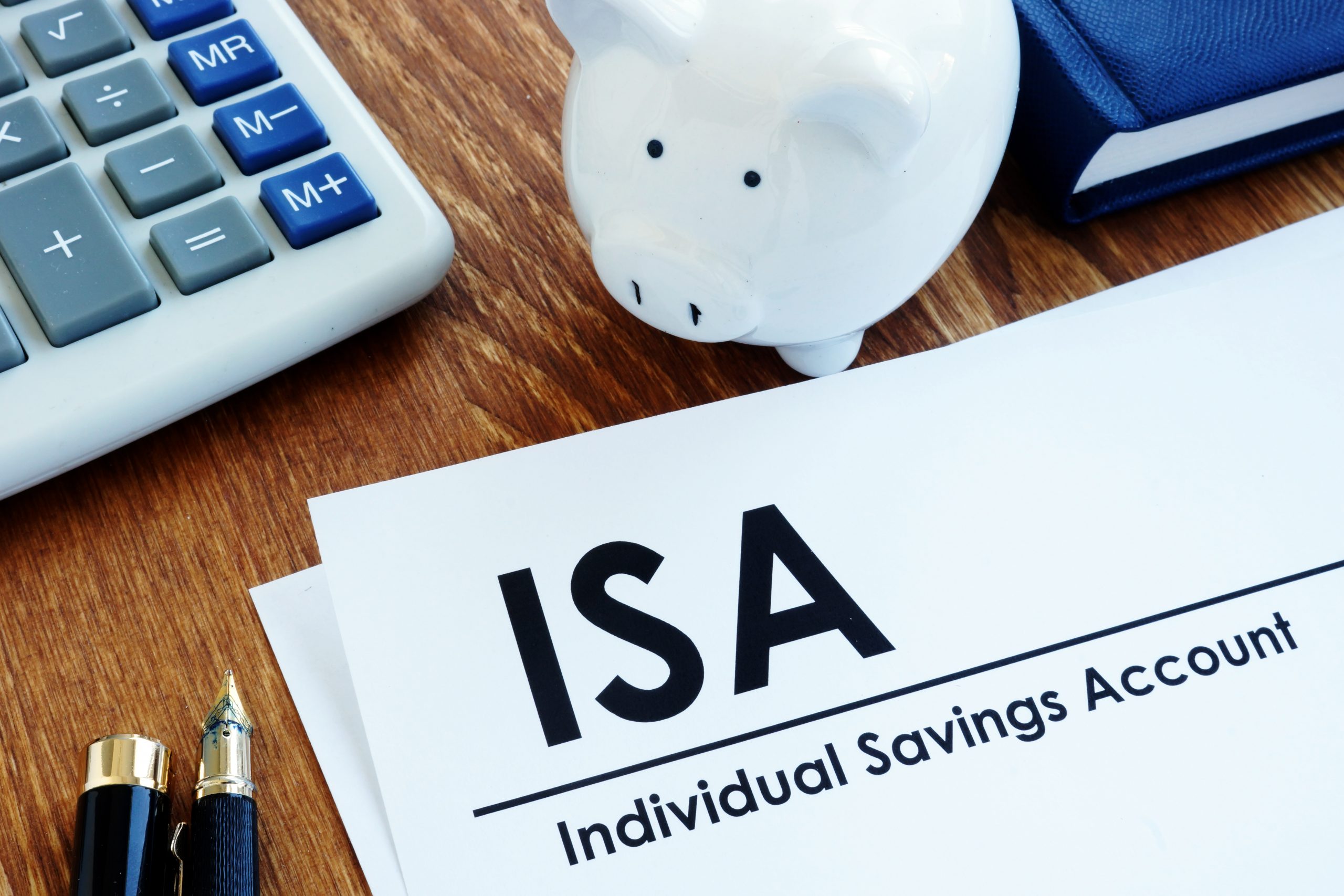Finances play such an important role in our lives. Here are five key financial tips to put yourself on the best footing possible for the New Year.
There’s something about the New Year that brings renewed promise of the life we wish to build for ourselves. It’s a time where we review our achievements and challenges of the year gone by and look forward to what we wish to accomplish in the year to come.
Finances play such a large role in our happiness, freedom and security that they make a great place to start when creating a successful 2024. Here are five key tips to kick start a momentous year ahead.
1) Make a budget and stick to it
The cost-of-living crisis continues but there is some light at the end of the tunnel with inflation coming down and interest rates on hold for the past few months. That said, many economic challenges remain that will pull on the purse strings of our finances in the year ahead.
Building a good budget and sticking to it can ease some of the burden of the current cost-of-living crisis. If you know what you have coming in and allocate it wisely, you’ll not just be ahead of the game in your financial planning, but will also have the mental clarity of either knowing you don’t need to worry or at least knowing it’s time to put a plan in place to correct things before they become troublesome.
At EQ Investors, we offer a service called cashflow modelling whereby we use software to analyse your financial stability over your lifetime based on a range of assumptions.
2) Save for emergencies and protect wealth from inflation
Once your budget is set, it’s time to protect yourself from future pitfalls that can disrupt the best laid plans. Financial emergencies are an inevitable part of life, but they need not be a burden on your expenses if you are already prepared for them. It is widely accepted that a person should have between three and six months of expenditure put aside to cover unforeseen costs like job loss or significant home repairs.
Beyond this emergency cash buffer and any cash you may need for the next five years, it is prudent to protect your wealth from long-term inflation erosion. History shows us that the best way to do this is to invest surplus cash reserves. Markets will fluctuate in the short-term but over the long-term equities trend upward and have been shown time and time again to beat inflation and protect your money from erosion.
3) Maximise your allowances
The tax system provides a number of allowances to help mitigate your personal tax burden. By using the right strategies, you can keep more of your wealth in your own pocket. There are many allowances available but some of the key ones are as follows:
- Personal Allowance: Majority of people can have income of £12,570 per tax year without the need to pay Income Tax. Ensure you are making the best use of this with strategic withdrawals from drawdown pensions if you are retired. If you or your spouse/civil partner are not making full use of the Personal Allowance, 10% of this can be transferred between you. If you earn more than £100,000, you lose your Personal Allowance at a rate of £1 for every £2 over this threshold. This means that once your adjusted income reaches £125,140 you lose your full Personal Allowance. This can be mitigated, in full or part, by making pension contributions which effectively extend your basic rate Income Tax band.
- Pension Allowance: Most individuals can contribute up to £60,000 into UK registered pensions. Pension contributions attract tax relief at the person’s marginal rate of Income Tax (20% for non-taxpayers). Additionally, assets invested in pensions grow free of Income and Capital Taxes and after two years most pension assets fall outside of a person’s estate for Inheritance Tax purposes.If an individual has no earnings, they can still contribute £2,880 per annum and receive tax relief at 20%. People earning over £260,000 have slightly different limits for pension funding.
- ISA Allowance: UK individuals can contribute up to £20,000 per annum into ISAs. ISAs are particularly tax-efficient as not only do they grow free of Income and Capital Taxes, there is no tax to pay upon withdrawal of the ISA assets either. You can invest £20,000 into a cash ISA, Stocks and shares ISA or combination of the two. There is also the option of a Lifetime ISA which has a limit of £4,000 per annum (accounted for within the overall £20,000 annual subscription) and receives a bonus payment of 25% from the government. Unlike traditional ISAs, the Lifetime ISA is specifically designed for first home purchases and retirement.
- Capital Gains Tax Allowance: The current Capital Gains Tax Allowance is £6,000, reducing to £3,000 from April 2024. This means you can take investment gains of up to £6,000 (pre-April 2024) without the need to pay Capital Gains Tax which is currently 10% for investments of basic rate taxpayers or 20% for higher and additional rate tax payers.
- Dividend Tax: The Dividend Allowance for tax year 2023/24 is £1,000, reducing to £500 from April 2024. Any dividends received above this will be chargeable to Dividend Income Tax. Basic rate tax payers pay 8.75% on dividends, higher rate tax payers pay 33.75% and additional rate taxpayers pay 39.35%. Ensure your investments are structured to account for this and use the Dividend Allowance efficiently.
4) Review your protection needs
There are many ways to protect your future with the use of protection policies. Some protect your family against financial loss on death, some on diagnosis of a critical illness, some will replace an income in the event of sickness. It is prudent to ensure you protect yourself from the unexpected. Having the right protection in place can ensure you and your family do not face financial hardship due to death or sickness.
If you have protection in place already, make sure it still meets your needs. Maybe you’ve changed jobs, had children or repaid the mortgage. You may find that your needs are not met or that you are paying for protection that is no longer needed.
5) Create or update your Will and Power of Attorney
Creating a Will and keeping it up-to-date ensures that the wealth you have worked hard to create is distributed with your wishes at the forefront. Additionally, Wills can be used to give instructions for who will take care of young children should the worst happen before they reach adulthood, and can even tell your family what kind of funeral you would like.
Without a Will not only do your wishes go unfulfilled but your assets are distributed according to the rules of intestacy which could mean people who you wish to benefit from your accrued wealth miss out.
Losing mental capacity to make decisions in your own life can be a significant mental burden, not just for you but for your loved ones. By making a Lasting Power of Attorney, you can give someone you trust permission to help you with your finances and/or medical care should you lose capacity to make such decisions yourself. Without this in place, it can take upwards of six months for a loved one to attain such permissions causing unnecessary suffering at an already difficult time.
Zoe Brett is chartered financial planner at EQ Investors





